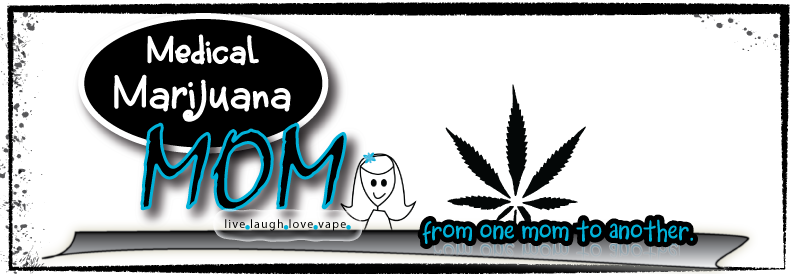Medical Marijuana Is Safe for Children
Numerous cases show clinical cannabis is effective on illnesses in children
January 7, 2013
William Courtney, M.D. is CEO of Cannabis International.
The courage and fortitude of parents who have chosen cannabis compounds to treat their children facing life-threatening illness have raised eyebrows. Some live in terror that their government will take their child away, since medical marijuana is only legal in some states. However, there are numerous cases demonstrating the benefits of clinical cannabis, which happen to threaten a very profitable healthcare industry that relies on conventional drugs, as well as political agendas.
The cannabinoid acids in cannabis have been found to have anti-proliferative, anti-neoplastic, anti-inflammatory, anti-epileptic, anti-ischemic, anti-diabetic, anti-psychotic, anti-nausea, anti-spasmodic, antibiotic, anti-anxiety, and anti-depressant functions. The anti-neoplastic action of cannabis—inhibiting development of malignant cells—was recognized in the 1970s and patented by the U.S. Department of Health and Human Services in 2003.
Out of 7,000 patients, my youngest, an 8-month-old, was diagnosed with a massive midbrain tumor. Pediatric oncologists recommended chemotherapy and radiation. Instead, the parents applied a cannabinoid concentrate to their son's pacifier twice a day, which resulted in a significant reduction in the size of the tumor in 30 days. The response prevented a million-dollar chemo-radiation hospitalization. The child's oncologist calls the infant a 'miracle baby,' but most medical experts would discount the case as anecdotal, unacceptable in a peer-reviewed journal. But the real peers are other parents reluctant to consent to the devastation of surgery, chemotherapy, and radiation—not those benefiting from the $2.6 trillion healthcare industry.
A 2-year-old spent a year in a pediatric oncology ward, endured 39 hours of brain surgery, received chemotherapy, a bone marrow transplant, and radiation under general anesthesia for 42 days, only to be discharged home on hospice and morphine. The child's local pediatrician started to treat her with juiced raw cannabis leaf. Two years later, she is still alive, now free of cancer and scar tissue.
A 6-year-old patient with a severe, intractable form of childhood epilepsy, was tried on 11 anti-epileptics, including experimental European drugs. He was finally placed on a drug commonly used to prevent seizures, but continued having 300-400 seizures a day. An ointment produced from cannabis with an increased amount of cannabidiol, a compound patented by HHS, has reduced his seizures to one every 3-4 days.
Several years ago, I proposed that cannabis be recognized as an essential nutrient in the diet of individuals in their 30s and older. Children were excluded out of fear of backlash but it is now my incontrovertible opinion that the immune system of the 8-month-old would never have allowed the tumor to gain a foothold if supported with dietary cannabis, or Vitamin F.
We know Vitamin C deficiency results in scurvy and Vitamin D deficiency results in rickets. Vitamin F, the previous label for Omega-3 and -6 essential fatty acids, is an appropriate appellation for the cannabinoid acids found in cannabis. Vitamin F deficiency allows the cell proliferation found in tumors and cancer. Three studies of over 24,000 children have shown no adverse effects from use of cannabis in pregnancy.
There is no other area in medicine where the heavy hand of federal funding and political agenda compromise valid and reproducible findings to this extent. To advance disease prevention and benign therapy, we must re-examine our preconceptions.
see the full article here.
- - -
Utah Doctors Endorse Legalizing Medical Cannabis For Children’s Epilepsy, Legislation Forthcoming
Three Utah doctors, including a neurologist from the University of Utah, have announced their support for allowing medical cannabis extracts (such as tinctures) and oils to be used by children who suffer from seizures.

In a letter sent to the state’s Controlled Substances Advisory Committee, pediatric neurologist Dr. Francis Filloux said that liquid forms of medical cannabis high in cannabinoids are a promising option for treating children with epilepsy. He says that refusing to legalize the substance would be “making the decision to limit access of our children to a potentially life-improving therapy”.
State Representative Gage Froerer, a Republican from Huntsville, will be introducing a measure in the upcoming legislative session which would legalize medical cannabis extracts for children with epilepsy. His proposal would allow cannabis products such as cannabis oils to be imported and exported in the state, as long as they have relatively low levels of THC.
Advocates in Utah should be contacting their lawmakers – which they can look up by clicking here – and urge them to support this commonsense move towards allowing children with epilepsy to use a natural, nonlethal and nonnarcotic treatment to their condition.
